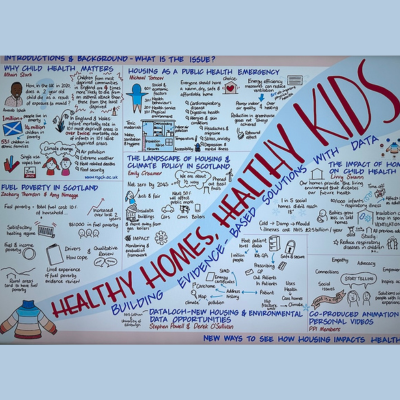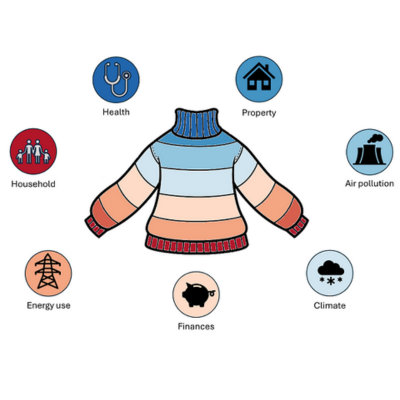Shocking data revealed at the Utility Week Consumer Vulnerability conference shows national consumer debt at its worst in the UK since 2019.

Despite falling energy prices in 2024, the cost of living remains high and new customers continue to fall into debt alongside those already struggling to pay their bills.
This was the sobering message at this year’s Utility Week Consumer Vulnerability and Debt Conference.
And with the new government announcing plans to scrap the winter fuel energy allowance and Ofgem raising the energy bill price cap by 10%, this winter is set to push many more households into utility debt.
The event brought together the utility industry and their partners to discuss new and novel approaches to identifying, engaging, and communicating with financially vulnerable consumers.
Here are some major takeaways we took from the conference, and how we believe data and AI can help.
48% are in arrears on essentials
Colette Land, Head of Consulting at Experian, opened the conference with some shocking data in her presentation ‘Supporting vulnerable consumers when debts are rising: Addressing the elephant in the room.’
4.1 million people in the UK are in arrears nationally, according to Experian’s data. Almost half (48%) of that debt accounts for essentials, like energy, water, and telecommunications bills.
As much as 1.5 million UK consumers are in telecoms debt and one month away from being cut off.
Energy debt rising sharply, despite falling prices
Data was shared that also shows domestic energy debt levels have risen sharply – by 53% between Q1 2023 and Q1 2024 – despite falling energy prices.
This can be due to a number of factors, including the cost of living still rising in other areas, and not having adequate payment support, meaning debts continue to rise year on year.
Experian also found that 70% of those in energy debt don’t have payment arrangements set up.
Ofgem: “Those who are in debt and arrears, are getting deeper into debt/arrears, and are struggling to pay it off, even with prices falling” CFI Affordability and Debt 2024.
What will the situation look like in Q1 2025, now that Ofgem has again lifted the price cap?
UK credit health at its worst since 2019
Average consumer debt risk, indebtedness and percentage of UK adults with arrears greater than 2+ in the last 6 months are all at their highest level since 2019.
The continuously rising cost of living in the UK is clearly impacting consumers' ability to manage their finances effectively. With inflation outpacing wage growth, many households are struggling to cover essential expenses, leading to increased reliance on credit and difficulty in meeting existing debt obligations.
How data and AI can help
Our fuel poverty detector tool, uZero, is a great example of how data and AI can be used to predict and support vulnerable consumers.
By tracking consumer data like indebtedness and arrears in different sectors, machine learning can be used to make clear predictions about the impact policy decisions like allowance cuts will have on consumers over time. This would give policymakers and financial institutions the data they need to make better decisions about how to manage rising consumer debt in the long term.
See how one local authority is already using uZero to tackle fuel poverty with data and AI or sign up for monthly updates using the form below.






